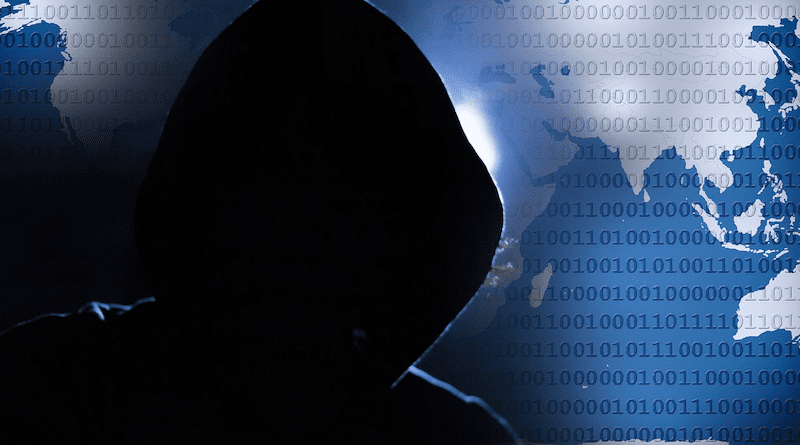Unchecked Cyberattacks ‘Are Growing Threat To Fragile Global Economy’
Adoption of connected devices during the pandemic led to a dramatic increase in cyberattacks. According to a new report launched Tuesday at the World Economic Forum Annual Meeting 2023, if left unchecked, the cost of cyberattacks will continue to rise, threatening a fragile global economy.
The report, The State of the Connected World 2023 edition, a collaboration of the World Economic Forum with the Council on the Connected World, says the immediate threats can be mitigated through robust security protocols and governance through public-private cooperation.
The State of the Connected World is the only global report that tracks and quantifies governance gaps for the universe of connected devices, known as the internet of things (IoT). The report surveyed 270 experts around the world to understand the state of play and establish clear priorities for technology governance.
“At a time when the global economy is fragile, we have the necessary tools to reduce at least one of the major threats to the global economy – cyberattacks,” said Jeff Merritt, Head of Urban Transformation, World Economic Forum. “The State of the Connected World report is a call to action for protecting against cybercrimes, which would also improve individual security and protect small and medium-sized business, transit systems, utilities – everything that relies on connected devices.”
“Our increasingly connected existence brings with it vulnerabilities that can be exploited by malicious actors,” said Akshay Joshi, Head of Industry and Partnerships, Centre for Cybersecurity, World Economic Forum. “Despite calls for embedding cybersecurity by design, the low level of confidence in the security of connected devices expressed by experts in this report is a testament to the fact that we still have a long way to go in terms of realizing trust in the technology we use.”
The report calls for increased consumer education through digital literacy campaigns, standardization practices of cybersecurity measures, prioritizing security by design and default (as opposed to reacting after the fact) and developing more agile policies to better address the quick-changing landscape of cybersecurity.
“We find ourselves at an inflection point this year with a number of global forces putting downward pressure on the economy,” said Madeline Carr, Professor of Global Politics and Cyber Security, Department of Computer Science, University College London. “It is essential that cybersecurity challenges are not left unchecked to further exacerbate this but are taken seriously as an integrated element of a thriving global economy.”
“Planned spending on a security programme costs less than unplanned spending by 10 to 100 times, so it really makes sense now to evaluate and redouble your efforts to attain and maintain a mature programme,” said Tobin Richardson, President and CEO, Connectivity Standards Alliance. “The year 2023 is predicted to deliver a perfect storm – from expected challenging economic conditions, ransomware up over 30% from last year, cyber insurance rates dramatically rising, coverage lowering, a severe skill and staff shortage, massive growth in vulnerable IoT connected devices and security products becoming the breach vector. Now is the time to redouble your focus on your security posture.”

